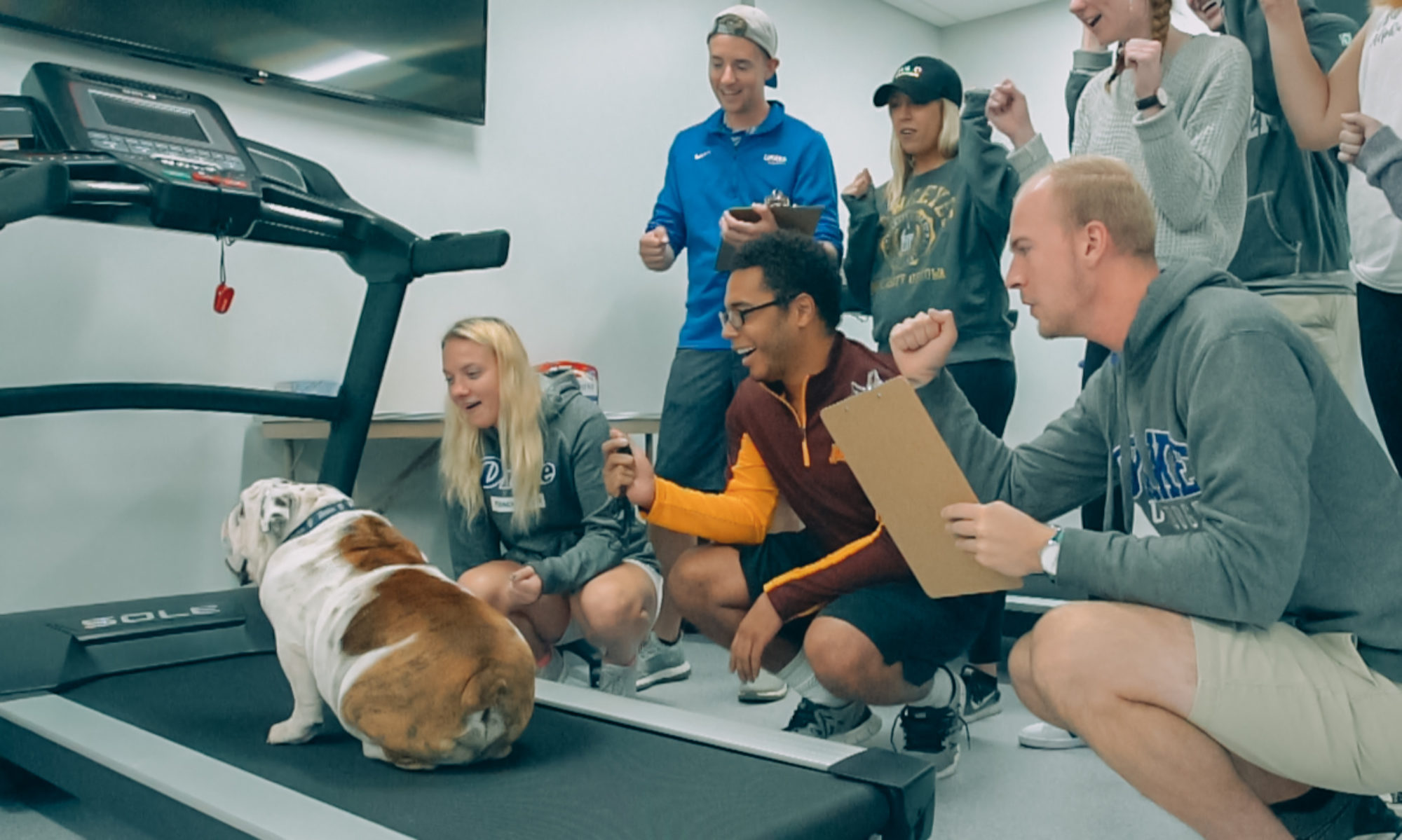Author: Kolton Vinzant
There is so much hype about how to, according to normal everyday language, “get swole” faster. Of course, it is widely accepted that the type of training someone does affects how you accumulate muscle mass. For instance, endurance training such as running is going to yield different results than heavy weight lifting in terms of muscle mass gains. Now, there is a wide range of studies that have been done to investigate how whey protein assists in muscle growth with strength training exercises. To expand how this emphasis on supplementation has been such a fast growing topic, the first gym I ever gained a membership in my later teenage years very much surprised me in what the fitness trainers emphasized in terms of my goal to build more lean muscle mass. Initially, the fitness trainers at this gym asked me about what kind of exercises I believed would enhance my muscle mass the most. This was talked about for maybe 30 seconds. The conversation shifted immediately from what types of exercises are important for accumulating muscle mass to what supplements I was taking pre and post-workout, specifically whey protein. We discussed this for approximately 20-30 minutes. It came to my surprise that the emphasis of this conversation was placed on the whey protein supplementation I was going to do versus the type of exercises I was going to do. In my mind, the emphasis of the conversation would have been flipped. Ever since, I have always had the lingering question in my head… does whey protein supplementation make a significant difference in the rate at which you gain muscle mass in strength training?
Continue reading “Does whey protein actually help you gain muscle faster in strength training?”
